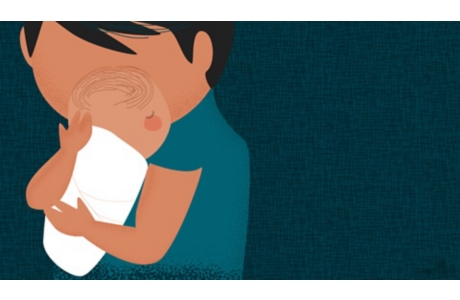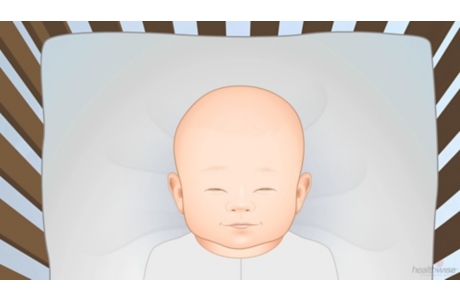Overview
Babies usually cry for a reason. For example, your baby may be letting you know they're hungry, tired, too hot or cold, or need a diaper change. Over time, you'll learn the difference in your baby's cries. Then you can take care of your baby's needs, and the crying will usually stop.
Some babies have a fussy time of day. This is often in the late afternoon to early evening. Try to give your baby extra attention during these crying periods. It may also help to limit visitors and activity.
To soothe a crying baby:
- Change your baby's diaper if the diaper is dirty or wet.
- Feed your baby if you think your baby is hungry. Try burping your baby.
- Change your baby's clothes if you think your baby may be too cold or too warm.
- Hold your baby close to your body. Try putting your baby in a front pack while you're doing chores. Or rock and sing to your baby.
- Try swaddling. This simply means wrapping your baby in a blanket. Make the top part snug but not too tight. Keep the lower part loose so it doesn't harm baby's hips.
In rare cases, crying may point to a serious illness or injury. This type of crying usually lasts much longer than normal, and your baby may not act normally. Call your doctor if you're concerned your baby's crying isn't normal.
Credits
Current as of: October 24, 2024
Current as of: October 24, 2024





